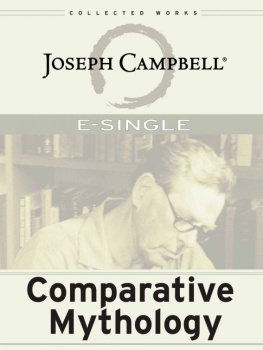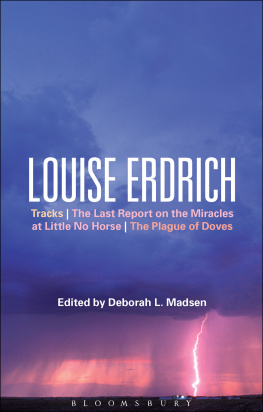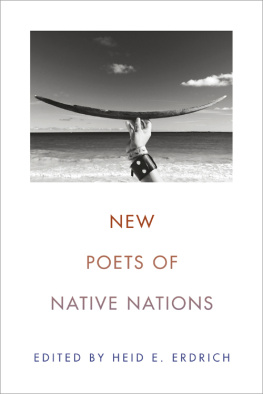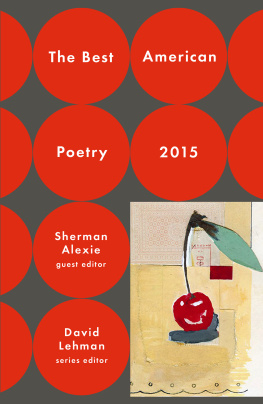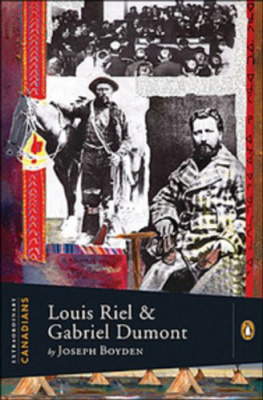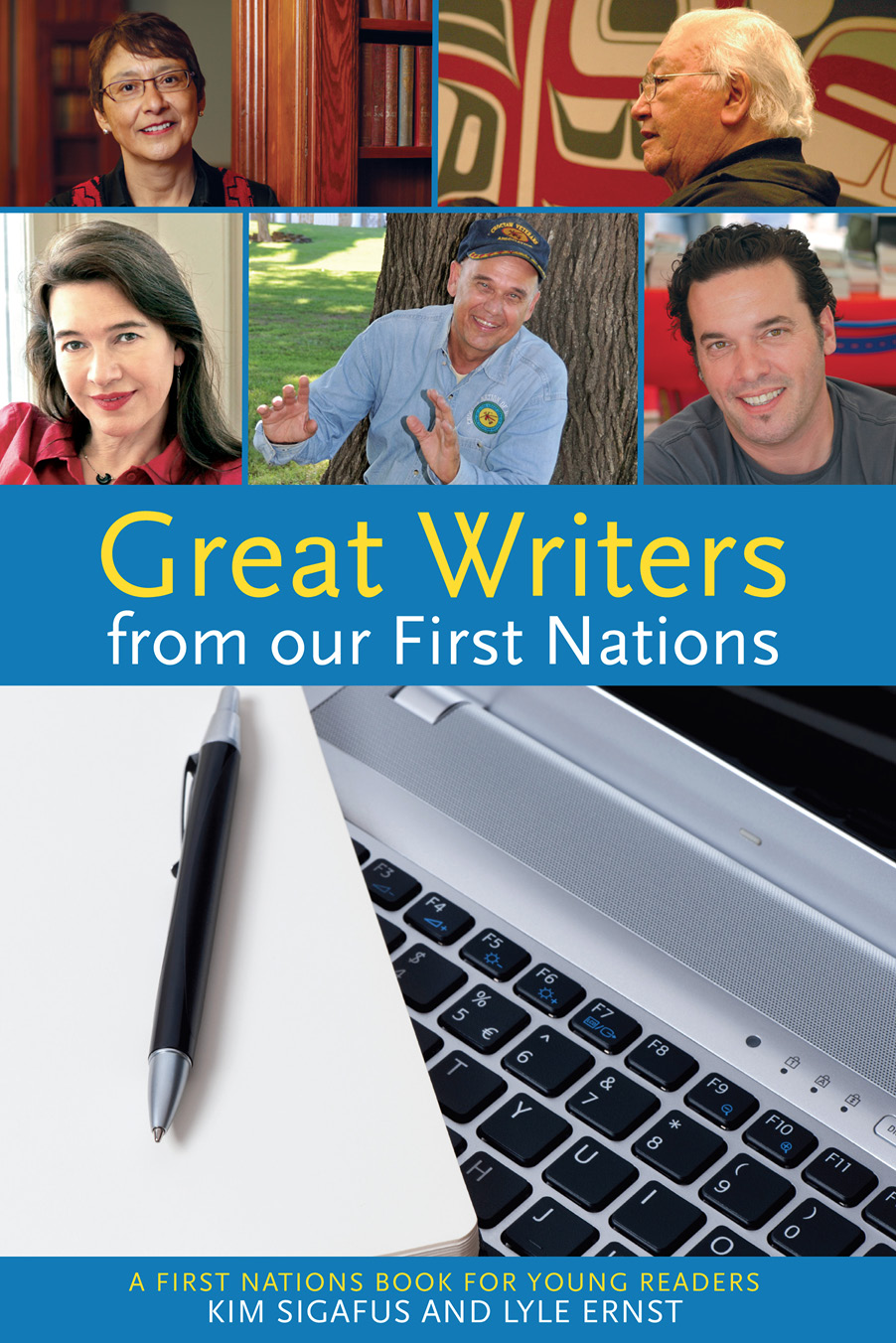
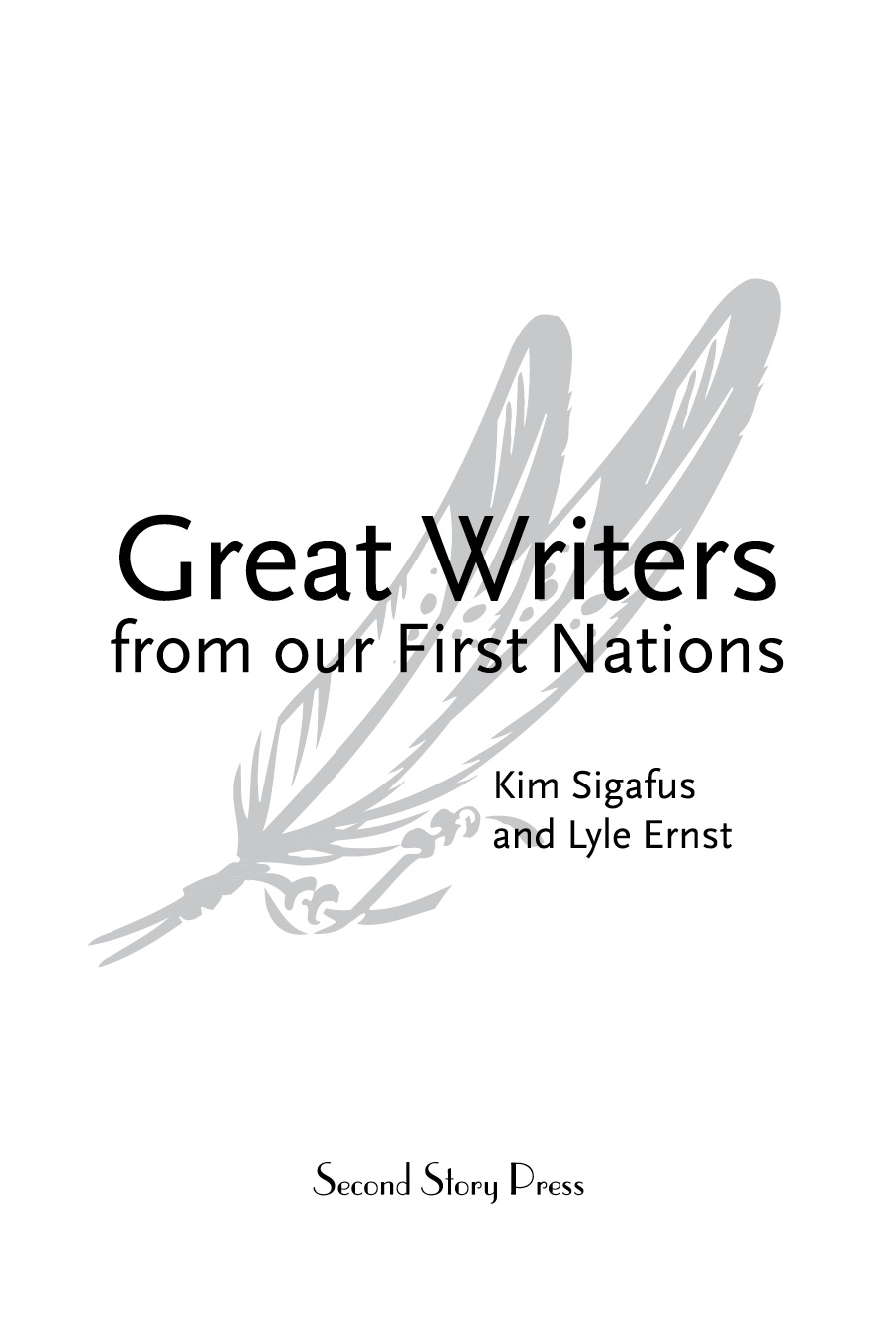
Library and Archives Canada Cataloguing in Publication
Sigafus, Kim
Great writers from our First Nations /
by Kim Sigafus and Lyle Ernst.
(The First Nations series for young readers)
ISBN 978-1-926920-85-6
e-ISBN 978-1-926920-86-3
1. Indian authorsCanadaBiographyJuvenile literature.
2. Indian authorsUnited StatesBiographyJuvenile literature.
3. Native peoples in literatureJuvenile literature. I. Ernst, Lyle
II. Title. III. Series: First Nations series for young readers
PS8089.5.I6S54 2012 jC810.9'897 C2012-903401-0
Copyright 2012 by Kim Sigafus and Lyle Ernst
Cover design by Melissa Kaita
Co-published in the United States of America
Second Story Press gratefully acknowledges the support of the Ontario Arts Council and the Canada Council for the Arts for our publishing program. We acknowledge the financial support of the Government of Canada through the Canada Book Fund.

Published by
Second Story Press
20 Maud Street, Suite 401
Toronto, ON
M5V 2M5
www.secondstorypress.ca
DEDICATION
To our spouses, Pat Ernst and Mike Sigafus. Their love, support, and understanding are what give us the ability to do what we love.
ACKNOWLEDGMENTS
The writing of this book has been a journey for us, and weve gotten to know some very special people along the way. The voices of these authors will be heard long after they are no longer with us. They carry the voices of their people from both past and present and help preserve Native oral traditions.
We would especially like to thank our wonderful editor, Kathie Hanson, along with authors Joe Bruchac, Nicola Campbell, Marilyn Dumont, and Tim Tingle. They have been extremely helpful in making this book what it is.
We hope this book will become an inspiration to those who have yet to tell their stories. We are waiting and listening.
CONTENTS
Introduction
Glossary
CHAPTER 1
Sherman Alexie
Spokane and Coeur dAlene
CHAPTER 2
Louise Erdrich
Ojibwe
CHAPTER 3
Joseph Boyden
Ojibwe
CHAPTER 4
N. Scott Momaday
Kiowa and Cherokee
CHAPTER 5
Marilyn Dumont
Cree and Mtis
CHAPTER 6
Tomson Highway
Cree
CHAPTER 7
Joseph Bruchac
Abenaki
CHAPTER 8
Maria Campbell
Mtis
CHAPTER 9
Nicola Campbell
Interior Salish of Nle7kepmx (Thompson)
and Nsilx (Okanagan)/Mtis
CHAPTER 10
Tim Tingle
Chickasaw and Choctaw
Resources
Photo Credits
About the Authors
INTRODUCTION
There have been entirely too many falsehoods and myths written about the Native people of the United States and Canada. The depiction of Native people depends entirely on the writers perspective. For example, a 1704 French and Indian raid on colonial settlers in the village of Deerfield, Massachusetts, was described as a massacre, whereas the annihilation of a village of sleeping Cheyenne Indians in 1864 was celebrated as a victory over hostiles. Both are examples of the European American historical perspective, which has also been prevalent in movies, making Hollywood one of the biggest sources of distorted facts and stereotypes about Indians.
A good way to look beyond these inaccurate depictions is to read the works of Native authors. Many of them share stories that have been passed down from generation to generation and told to them by their elders. In this book, you will read the life stories of ten Native writers and learn about their accomplishments. Although many of them write fiction and poetry, the stories they share provide a balanced and authentic expression of the experience of being a Native person. Some of the writers were interviewed for this book, while information about others is based on research. All of the biographies are accurate to the best of our knowledge.
While researching this book, we came to see that many Indian writers feel they have a responsibility to pass on the legacy and customs of their people. They also feel the need to contribute to a Native perspective and help set the record straight about the background and beliefs of Native people. In this way, they are teaching everyone who reads their stories.
We found the authors in this book truly inspirational. We hope you find them as interesting as we did.
GLOSSARY
Anthology. An anthology is a collection of various authors selected writings, usually in the same literary form, written in the same time period, or on the same subject. An anthology can also be a collection of selected writings by one author.
Autobiography. An autobiography is similar to a biography except that an autobiography is written by the subject himself.
Bachelors degree. A bachelors degree is an academic degree from a college or university. The course work required for a bachelors degree usually takes four years to complete.
Biography. A biography is a detailed description of someones life. A biography tells the subjects life story by highlighting various parts of his or her life. Biographical works are usually nonfiction, but fiction can also be used to portray a persons life.
Creative writing. Creative writing is drama, fiction, or poetry that an author invents using his or her imagination (in addition to or in place of research). Creative writing is offered as a course of study.
Dissertation or thesis. A dissertation or thesis is a document written by a student seeking an academic degree. The document explains the students research and findings on a particular subject. A written thesis is associated with a bachelors or masters degree, and a written dissertation is normally associated with a doctorate degree.
Doctorate degree. A doctorate degree is the highest academic degree in any field of study. This degree is sometimes referred to as a PhD.
Fellowship. Fellowships are programs designed to provide financial grants that enable a person to set aside time for writing, research, travel, and general career advancement. An example is the National Endowment for the Arts Literature Fellowships program, which offers $25,000 grants to individuals.
Fiction. Fiction is an invented, imagined, or made-up story.
Folktale. A folktale is a traditional story that is usually narrated by a person who is not in the tale. Folktales can be written down, but they have often been handed down orally. Folktales include fables, fairy tales, legends, and myths.
Fulbright professor. A Fulbright professor is a professor who has received a prestigious award by the Fulbright Program. The purpose of the Fulbright Program is to increase mutual understanding between the people of the United States and people in other countries through travel and the exchange of knowledge and skills.



